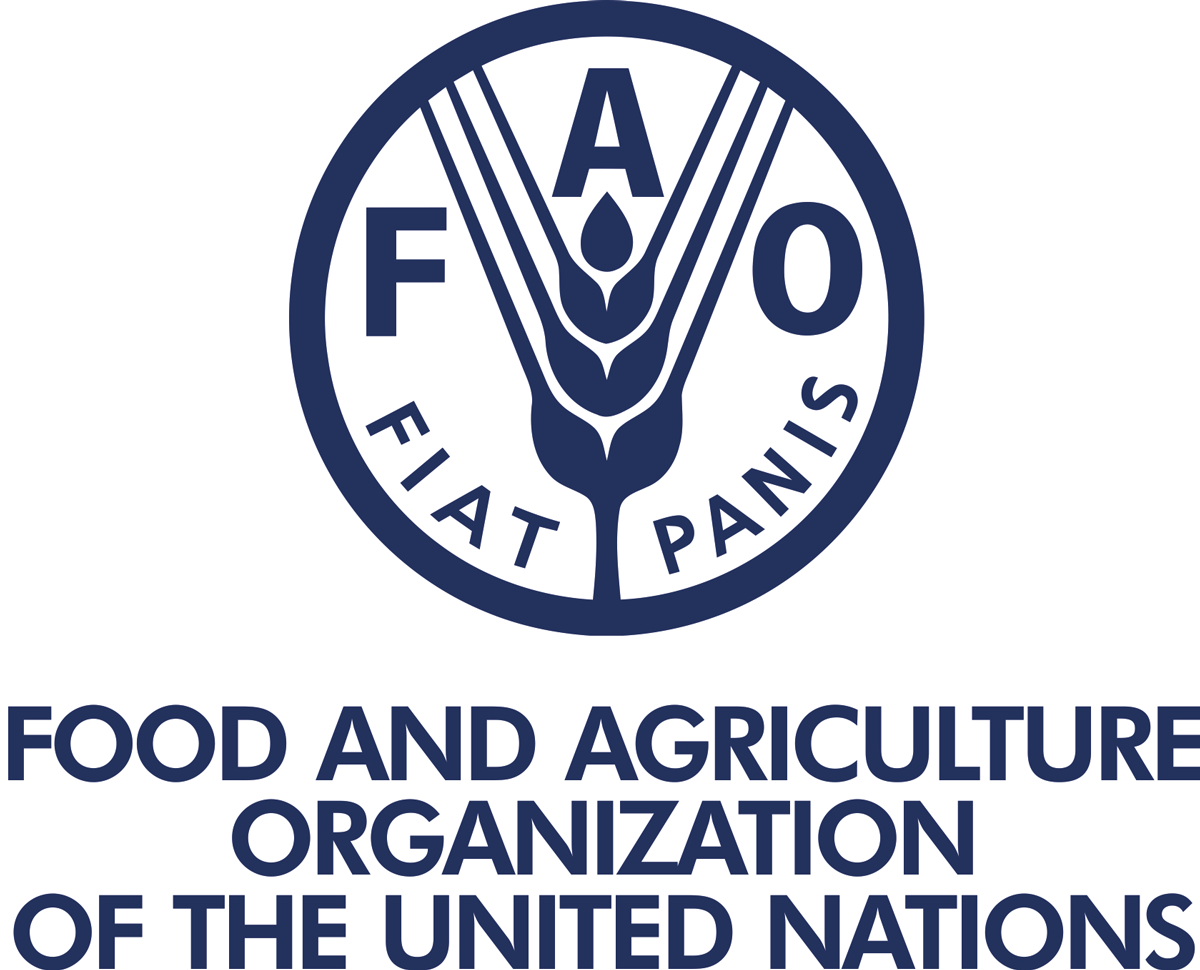Large food deficits remain a major concern for the food system in Nigeria, whose population is projected to reach 400 million by 2050, although the country has the capacity to feed its expanding population over the ensuing decades.
It is possible to achieve food self-sufficiency by integrating inclusive and sustainable food systems into the structure, governance, and administration, in addition to using production technology.
The call came in response to a recently published Nigeria food system assessment profile from 2022, which found that production of primarily rain-fed agriculture was stagnating due to gaps like low yields, post-harvest losses, food safety concerns, and climate change impacts, as well as the inadequate implementation of pertinent policies and laws.
The evaluation was a component of a coordinated effort started by the European Union (EU), the Food and Agriculture Organization (FAO), and the French Research Institute for Agricultural Development, CIRAD, in partnership with the Government of Nigeria. Its goal was to highlight major obstacles and points of entry for comprehending the barriers to inclusive and sustainable food systems, as well as to suggest creative policy and investment solutions.
- 47 years after creation, Idoma people beg for Benue gov’ship
- Old naira notes remain legal in Bayelsa till December 31 – Govt
In his remarks on the report, Fred Kafeero, the FAO’s country representative in Nigeria and to the Economic Community of West African States (ECOWAS), outlined four major obstacles preventing the country from moving toward a desirable sustainable food system.
“These include the food system’s vulnerability to both internal and external shocks, underdeveloped agrifood value chains, food system vulnerability to climate change and the degradation of natural resources, poor diet quality, and the high prevalence of food and nutrition insecurity,” according to the report.

 Join Daily Trust WhatsApp Community For Quick Access To News and Happenings Around You.
Join Daily Trust WhatsApp Community For Quick Access To News and Happenings Around You.


